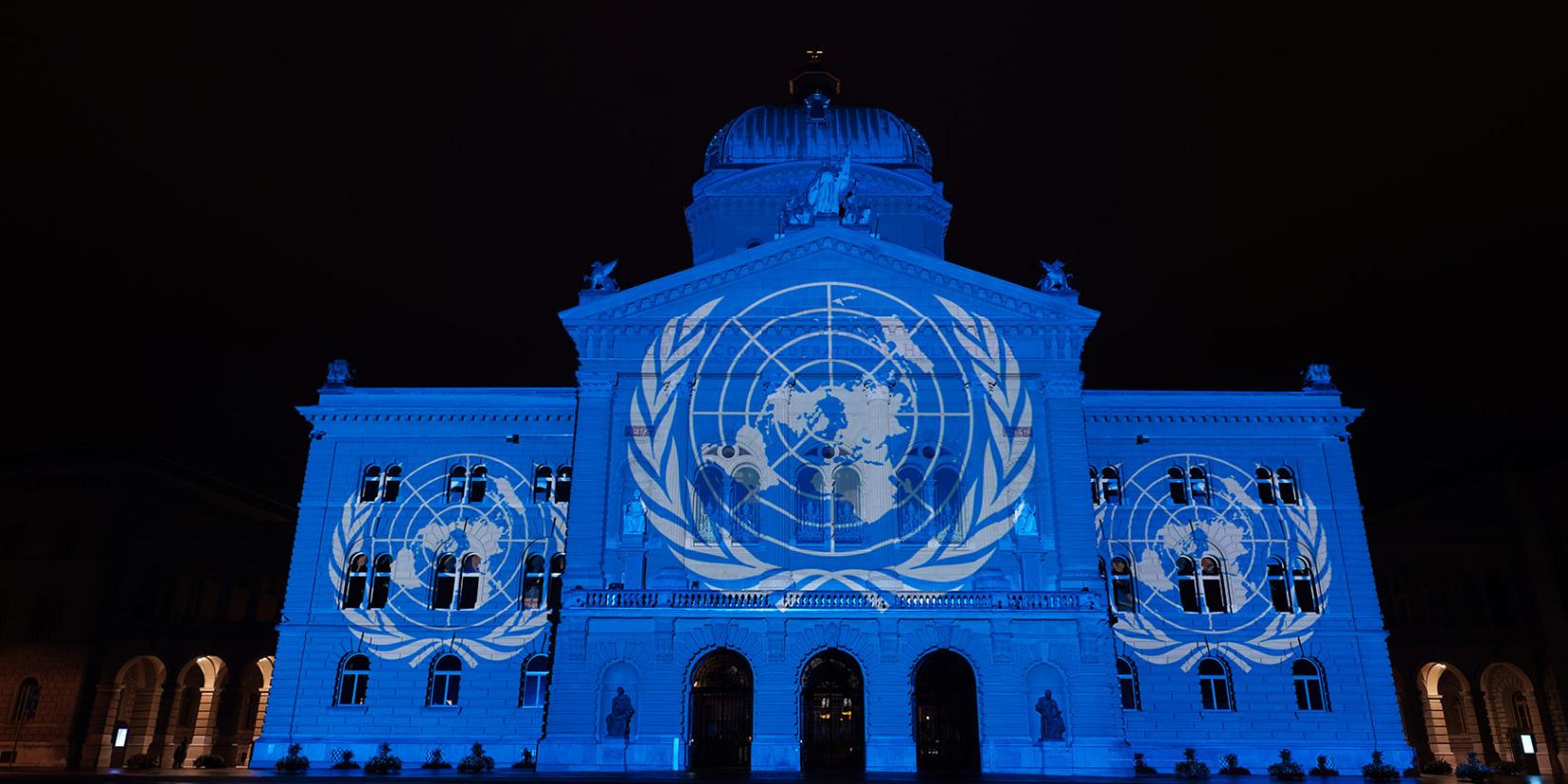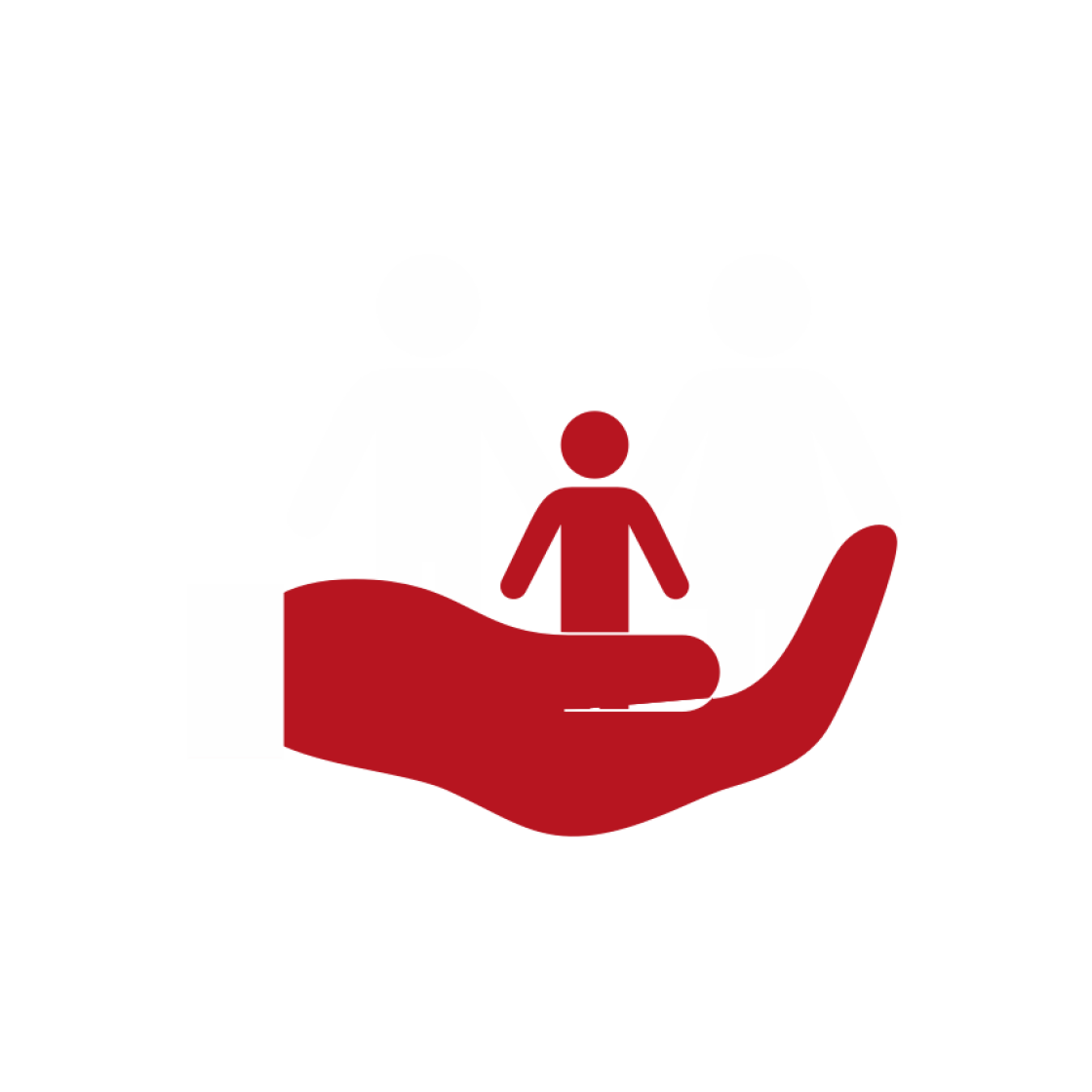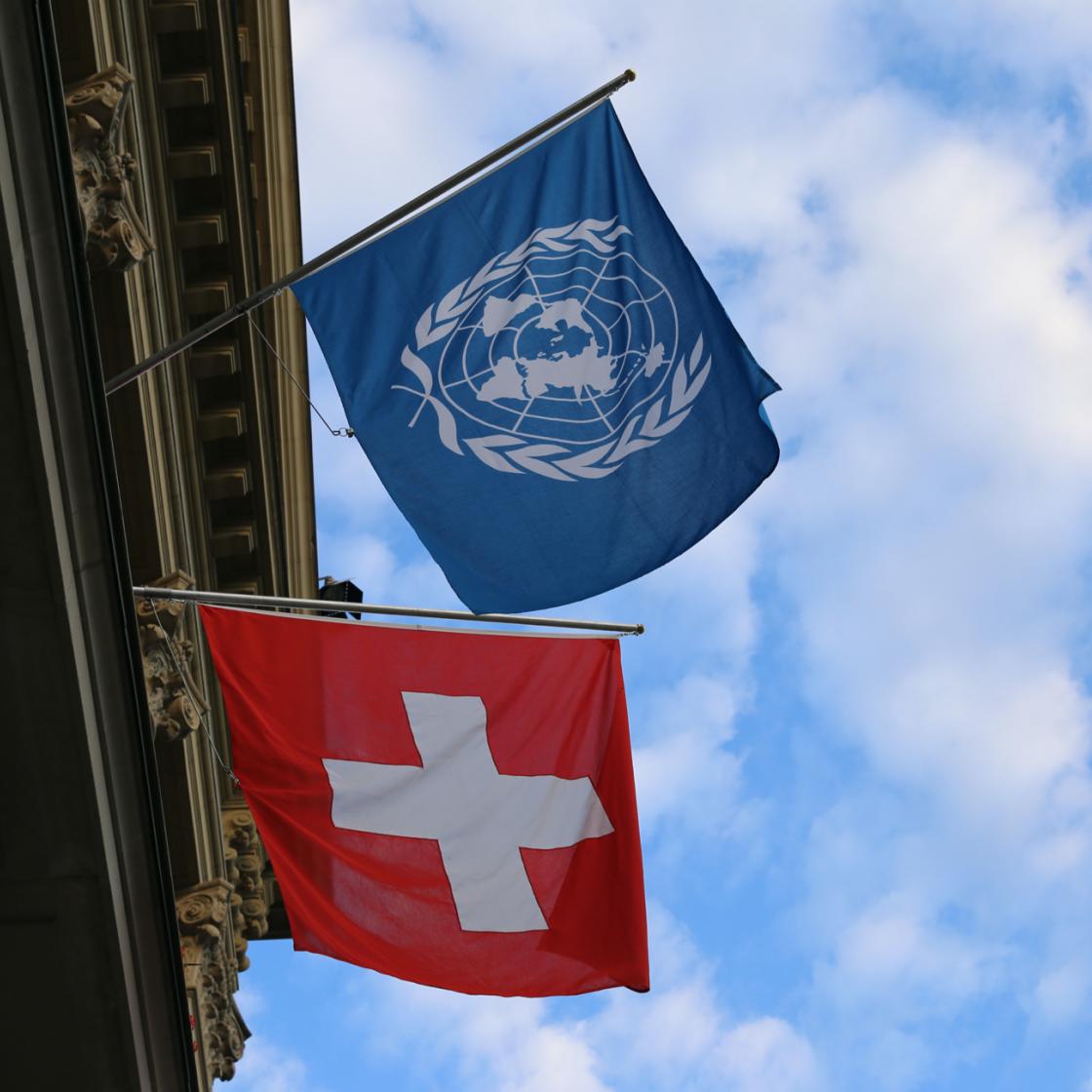Switzerland's UN Security Council membership in 2023 – 2024 was in continuity with its commitment to global peace and security. The Federal Constitution states that Switzerland shall promote the peaceful coexistence of peoples and help to build a just international order. This mirrors the objectives of the UN Security Council, whose main purpose is to maintain international peace and security. Further, international peace and stability are vitally important for a country like Switzerland, which is strongly integrated into the global economy and reliant on clear international rules. Finally, peace and stability are essential for global prosperity and development, two other pillars of Swiss foreign policy.
The Federal Council submitted Switzerland's candidature in 2011 following extensive consultations with Parliament. On 9 June 2022, the UN General Assembly elected Switzerland as a non-permanent member of the UN Security Council. The Federal Council adopted four thematic priorities for Switzerland's term on the Security Council. Switzerland represented its foreign policy values and interests in the Security Council. It notably sought to build sustainable peace, protect civilians in armed conflict, address the impacts of climate change on security and improve the Security Council's effectiveness.
More generally, Switzerland strove to engage credibly across the full range of the Security Council’s agenda, which mainly focuses on individual country situations.
Switzerland's priorities in detail:

Building sustainable peace
Switzerland has many years of experience and a strong track record in promoting peace and helping to prevent armed conflicts. As part of its peace policy, Switzerland provides its good offices in conflict situations, including mediation services and protecting power mandates. For example, it supports peaceful electoral processes in post-conflict countries. This may involve the drafting of common codes of conduct banning hate speech, religious symbols and excessively confrontational language in election campaigns in order to build trust between political parties, promote democratic compromise and ensure that election results are accepted by all parties.
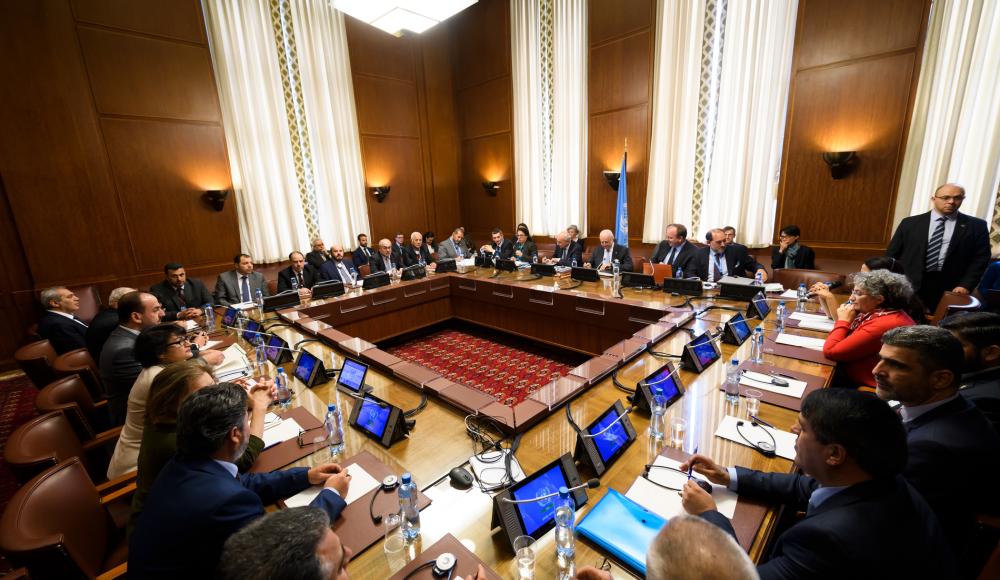
Switzerland regularly hosts peace conferences and peace negotiations. Switzerland's flexibility, professionalism and discretion are widely acknowledged in UN peace processes and by parties to conflict. For example, since 2013, at the request of former UN Secretary-General Ban Ki-moon, Switzerland has facilitated a series of peace talks on Syria in Geneva on the basis of a roadmap endorsed in a Security Council resolution. Seven rounds have taken place in Geneva since then, and Switzerland also facilitated the continuation of the dialogue during the COVID-19 pandemic.
As a member of the Security Council, Switzerland strove to ensure, among others, that the following issues were addressed:
- Confidence building and continued cooperation among states within the Security Council
- Effective UN peacebuilding
- Respect for human rights
- Protection of minorities
- Equal participation of women in peace processes and UN peacekeeping missions

Protecting civilians
The civilian population pays far too high a price in armed conflicts. Switzerland's long-standing humanitarian tradition and commitment to international humanitarian law are recognised worldwide. Protecting civilians and persons no longer taking part in hostilities is at the heart of numerous conflicts worldwide on the agenda of the Security Council.
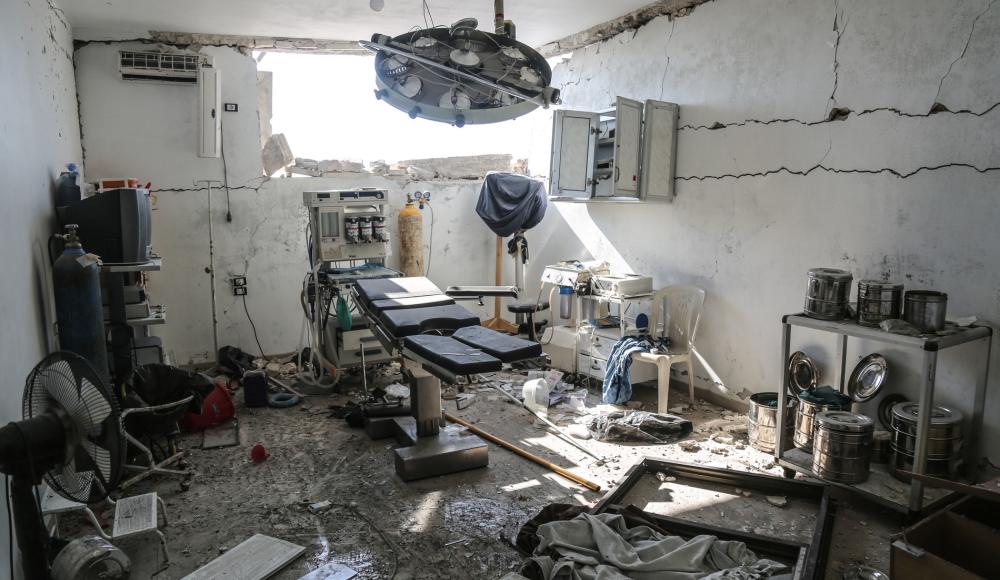
Switzerland has long been active in this area, playing a leading role in coordinating the positions of a group of like-minded states on the protection of civilians. In the Security Council, Switzerland strove to ensure, among others, that the following issues are addressed:
- Strict and more comprehensive compliance with international humanitarian law, in particular in relation to the conduct of war and the protection of civilians
- Special attention to the protection of children, injured persons, refugees, medical staff and facilities, aid shipments and critical infrastructure (water supply or food production) in armed conflicts
- Enhancing the prosecution of violations of international humanitarian law
- Respect for human rights and protection of minorities in conflicts
- Food security in conflict regions
In response to the war in Ukraine, Switzerland took action to provide emergency humanitarian aid. Thanks to Switzerland’s representation in Moldova, it was one of the first countries to provide humanitarian aid to people in affected cities. Switzerland also offered its good offices to the parties to the conflict.

Addressing climate security
Climate change also threatens peace and international security. Rising temperatures or droughts can, for example, cause food price fluctuations and fiercer competition for natural resources, which can in turn make livelihoods more insecure and lead to the displacement of people. Climate change is thus a risk multiplier with the potential to exacerbate existing political, social, economic and ecological stress factors. The most vulnerable population groups are usually the most exposed to climate risks. Switzerland also has the expertise and know-how necessary to mitigate climate-related risks in this area.
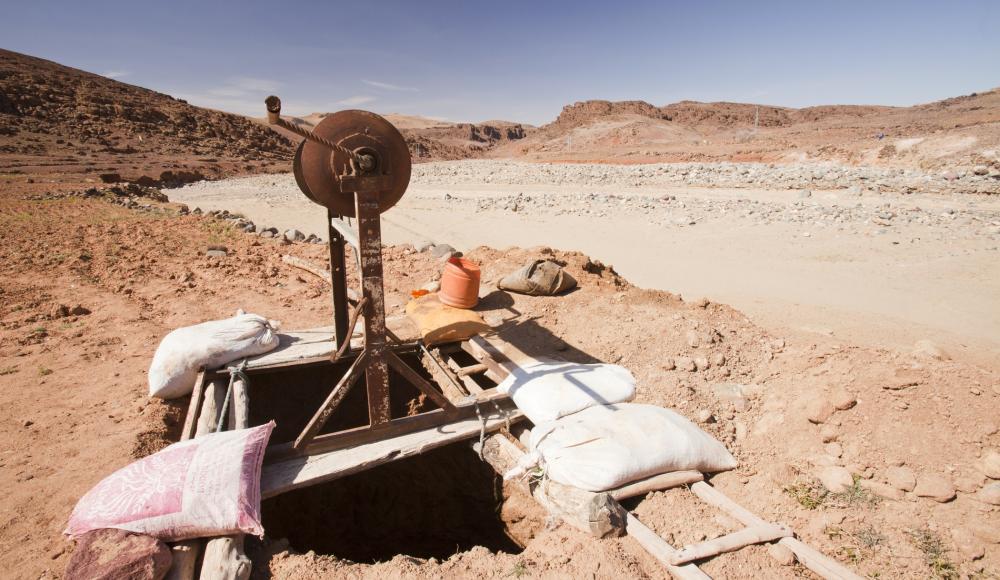
During its term on the UN Security Council, Switzerland strove to:
- Address the security and peace policy-relevant impacts of climate change and identify possible solutions
- Establish links with other key objectives of Swiss foreign policy, such as protecting civilians, reducing the risk of disasters, preventing conflicts and countering violent extremism
- Find solutions, drawing on the expertise of the Federal Administration as well as that of the scientific community, civil society and International Geneva in particular

Enhancing effectiveness
Since 2006, Switzerland has been advocating for greater transparency and accountability and the inclusion of non-Council members in the work of the Security Council. It coordinates the activities of the Accountability, Coherence and Transparency (ACT) group of 27 countries and supports, among others, the responsible use of the veto by permanent members of the Security Council. A code of conduct drawn up by the ACT group calls on all Council members refrain from voting against a credible draft resolution that seeks to prevent mass atrocities. Over 120 countries have already committed to this code.
During its term, Switzerland strove to:
- Improve sanctions regimes' compliance with rule of law principles
- Institutional strengthening of the Ombudsperson for UN sanctions
- Promote closer linkages between the work carried out in different UN locations, including Geneva
- Improve Security Council processes, capacity to act and accountability

